Khabar Khair (Only Good news) – Fatima Rashad
A woman owning her own project means that she was able to achieve her financial independence, but the guarantee and advancement of the project mainly depends on the extent of the possibilities available to expand the project and provide it with everything new in the labor market.
“SMEPS” Agency has presented to the owners of the private projects the “BRAVE WOMEN” project. This project comes in the context of the agency’s direction to develop and support the private sector.
The agency works to achieve its goals by pursuing innovative strategies for Small and Medium Enterprises (MSME) where the diversity and advancement is a market-oriented approach that comes in line with building and facilitating the economic and technical capabilities of all components of the private sector.
The courage to be a woman
The “Brave Women” Project aims primarily to enhance the resilience of small and medium-sized enterprises owned and managed by women in a fragile context as potential drivers of innovation, employment and per capita income improvement.
And about her experience with the “Brave Women” Project, Hala Al-Hakimi (the owner of the Al-Hakimi Ladies Tailoring Workshop project) said, “I heard about the ‘Brave Women’ Project through the social media platforms”. And she benefited from the project, as the agency provided her with the necessary support for her project.
In addition to Hala, the “Brave Women” project has attracted many women working in various sectors, including: medicine, education, sewing and cosmetology. This project provides the main support for the project owners, to enable them to continue and compete in the labor market that is tainted by successive turmoil.
Reem Al-Salami (owner of Al-Irtiqaa Schools) believes that education is the only way to ensure a better future for the younger generations. That is why she resorted to implementing her educational project by establishing Al-Irtiqaa School in 2003 AD. The school opened by Al-Salami included five classes that accommodated 100 students, and with the technological development it became necessary for the school to have another auxiliary that enhances the students’ educational capabilities. Hence, Al-Salami came up with the idea of establishing a center to train the students, which she started by offering continuous courses to students in two of the school’s rooms.
The financial cost of establishing the center that Al-Salami seeks was an obstacle to her, but she was able to overcome this obstacle thanks to the “Brave” project, which she first heard about through her friends, so she attended the introductory workshop, and still convinced that she could not find support for her project, but she joined the project and was trained in the business continuity cycle that helped her develop a clear plan for the development and implementation of the center.
Regarding the important training role that female entrepreneurs received, Al-Hakimi says, “The ‘Brave Women’ Project made me learn how to avoid risks and formulate the continuity plans, and with training and financial support, I was able to achieve an increase in income by 40%”.
Stages of the ‘Brave Women’ program
The “Brave Women” project goes through many stages in which promotion, registration, verification, sorting and nomination of establishments take place to train business owners on business continuity management methodology by preparing a continuity plan and formulating the grant plan, as well as discussing it with the committee, accepting enterprises for grants and supporting 541 establishments with similar grants. The program and its financial support are still continuing to this day.
The implementation of the plans is monitored by the establishments by means of statistics and the monitoring of the results of technical and financial support. 2436 establishments were targeted in two phases: the first phase included 1,346 establishments, and the second phase included 1,090.
Mariam Samir (Supervisor of the “Brave Women” Project) said, “There are projects that have been funded on the ground, but they do not have licenses from the Ministry of Industry because their income is low, and issuing a license for them costs more than the value of the income”.
Mariam added, “There are programs that support emerging projects, such as the projects “CAP and Initiatives” and currently “Brave” project, according to the direction of the donor and agency strategy, aimed at reviving the faltering private sector during the conflict period and the current conditions”.
In order for a woman to get the support she needs to develop her project, she must have a license from the Ministry of Trade and Industry.
SMEPS Agency is a part of the Social Fund for Development (SFD) units that were established in 2005 to support economic development by developing the private sector within the framework of three components: value chain development, business development services and their augmentation.

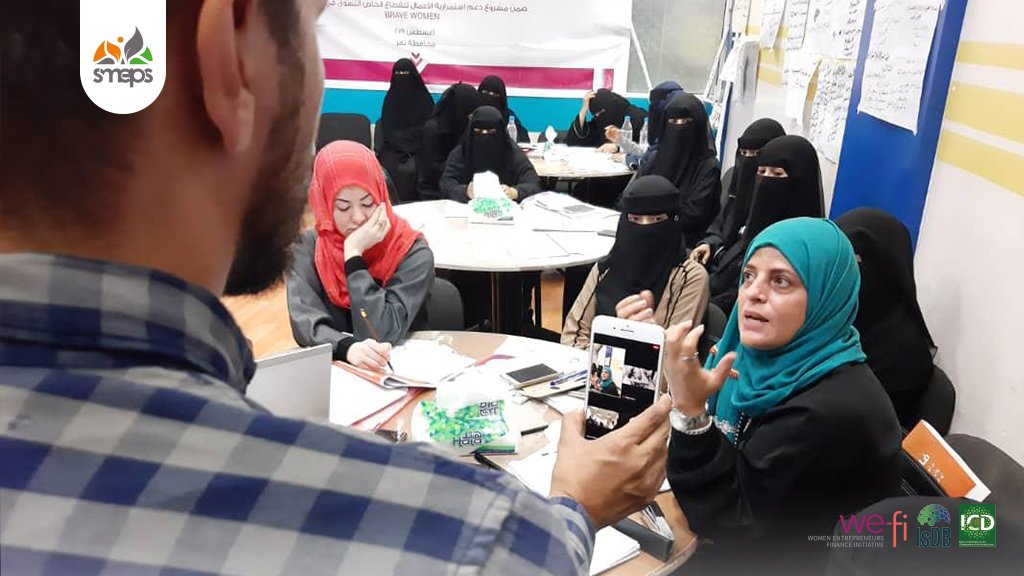
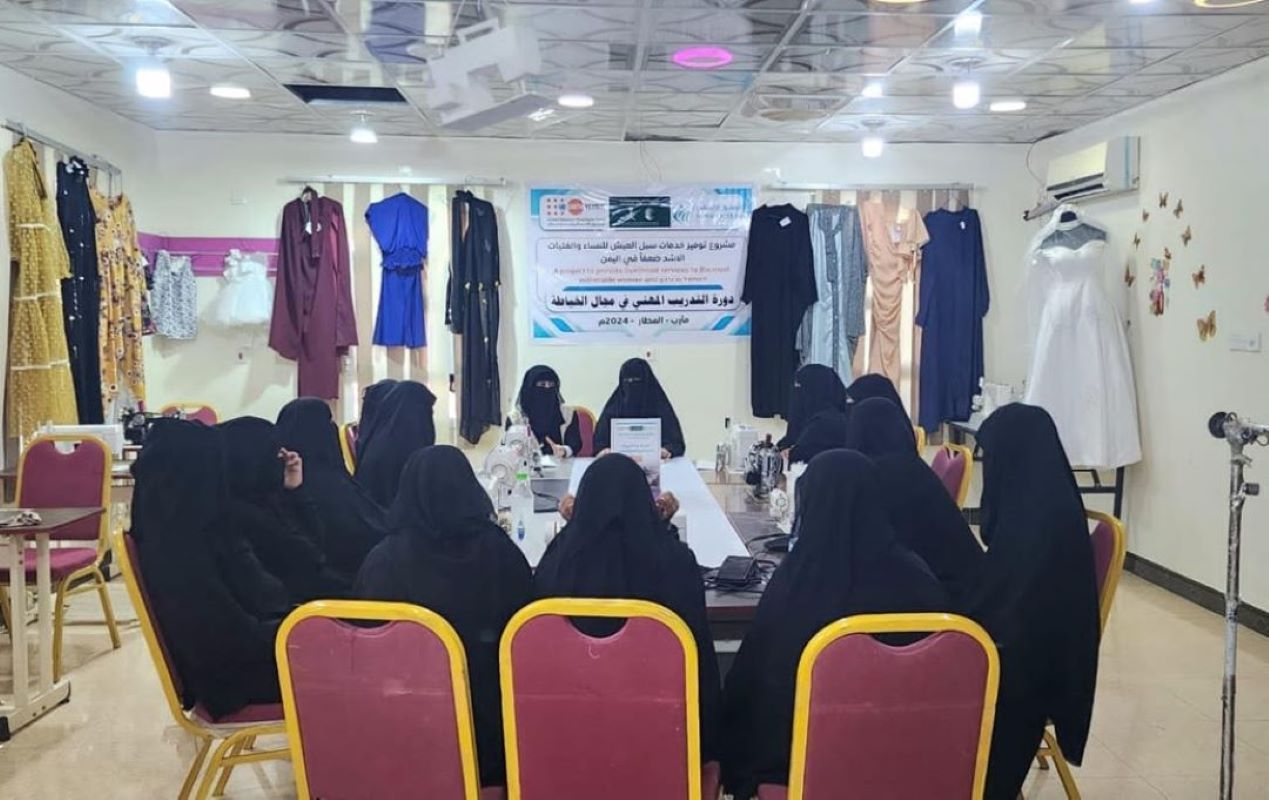
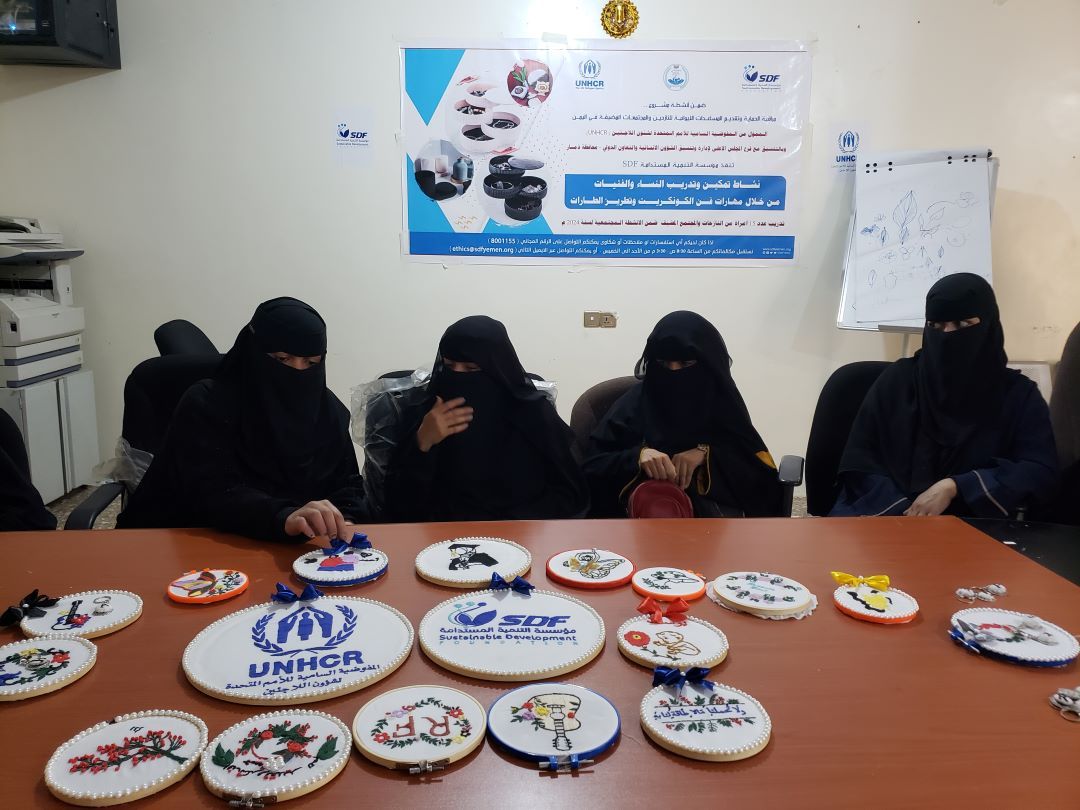
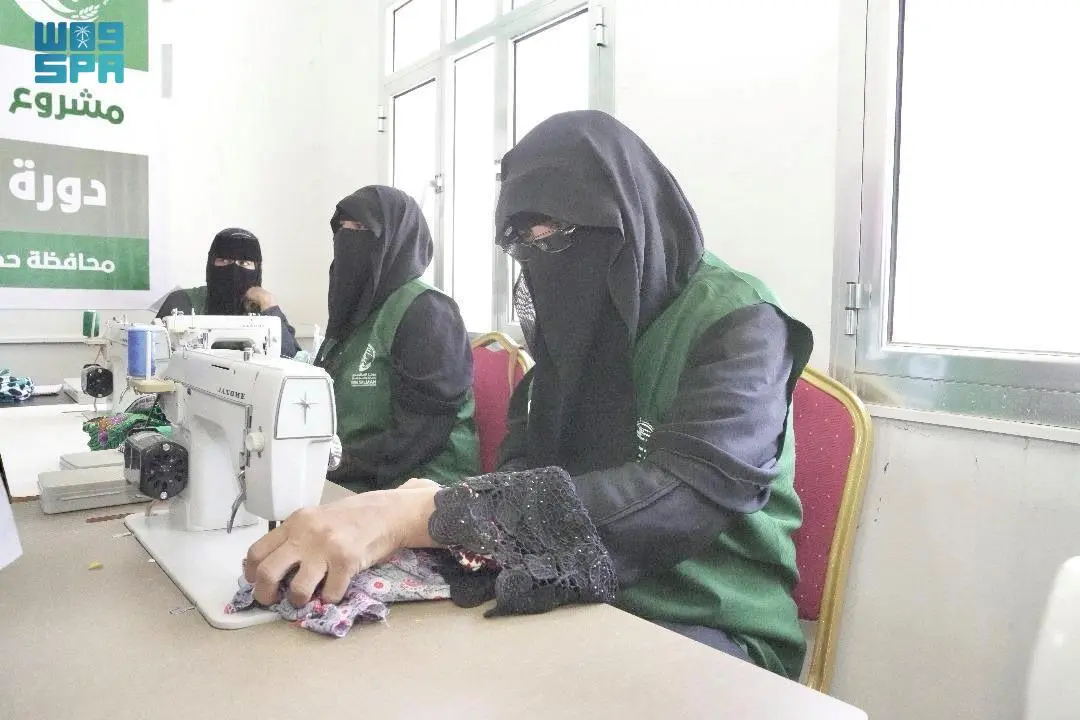
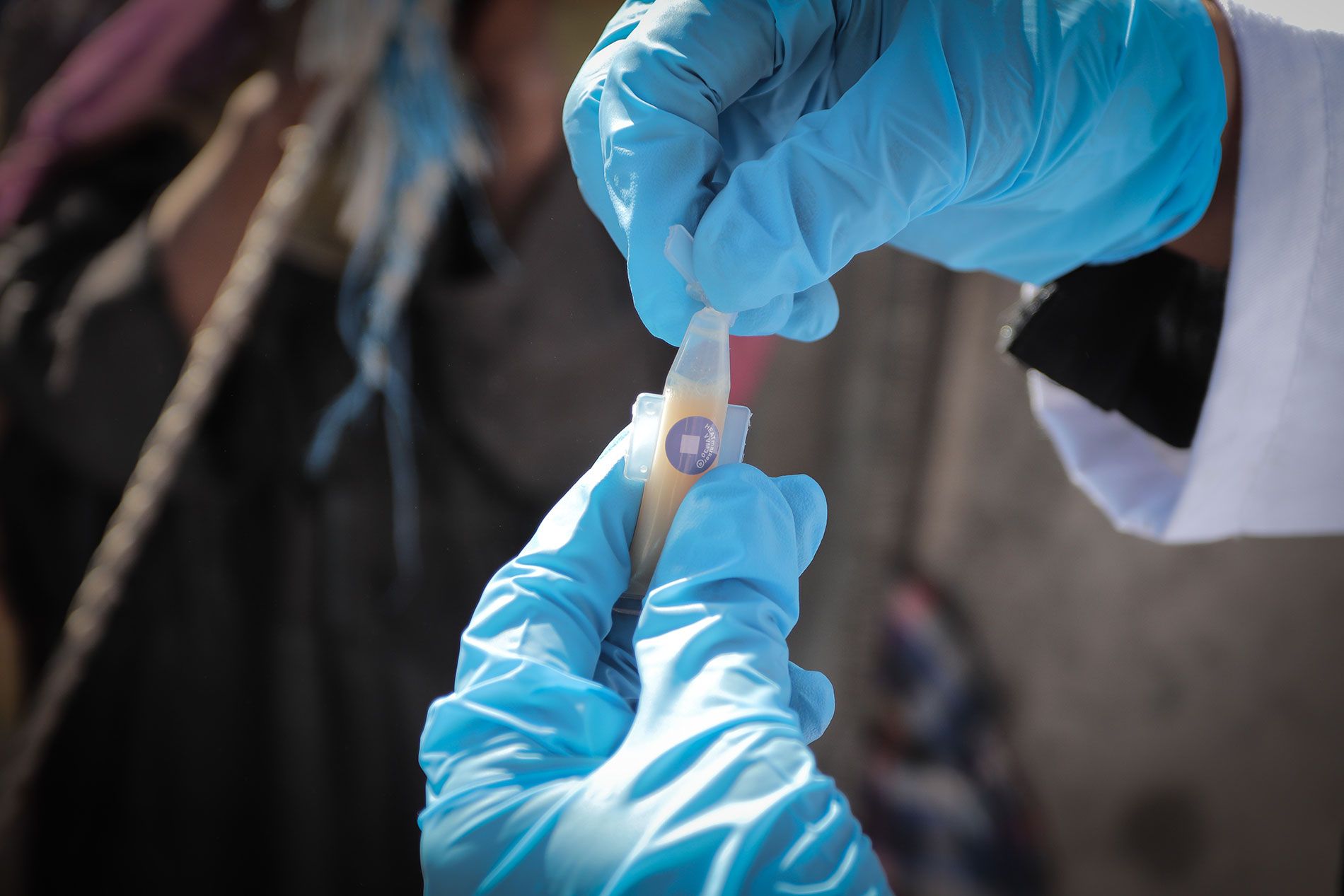
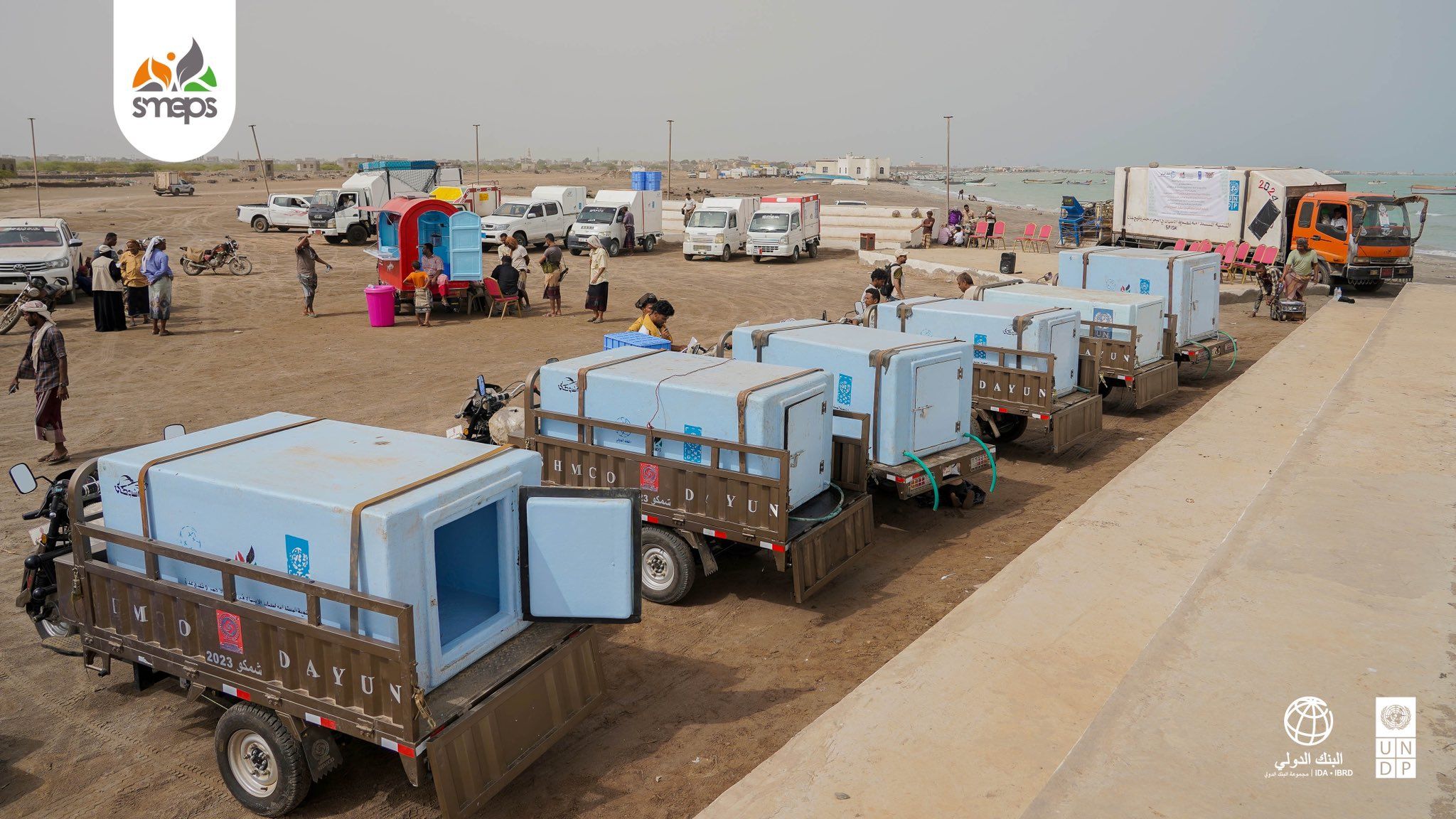
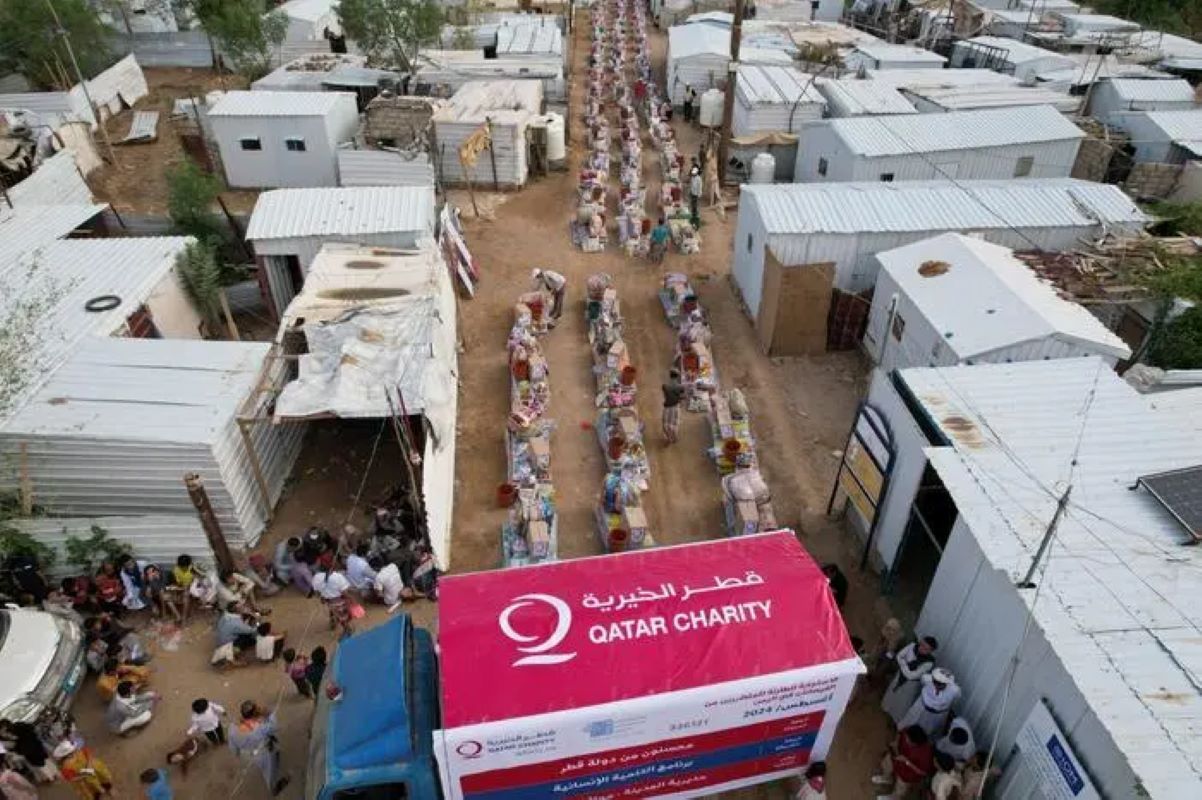
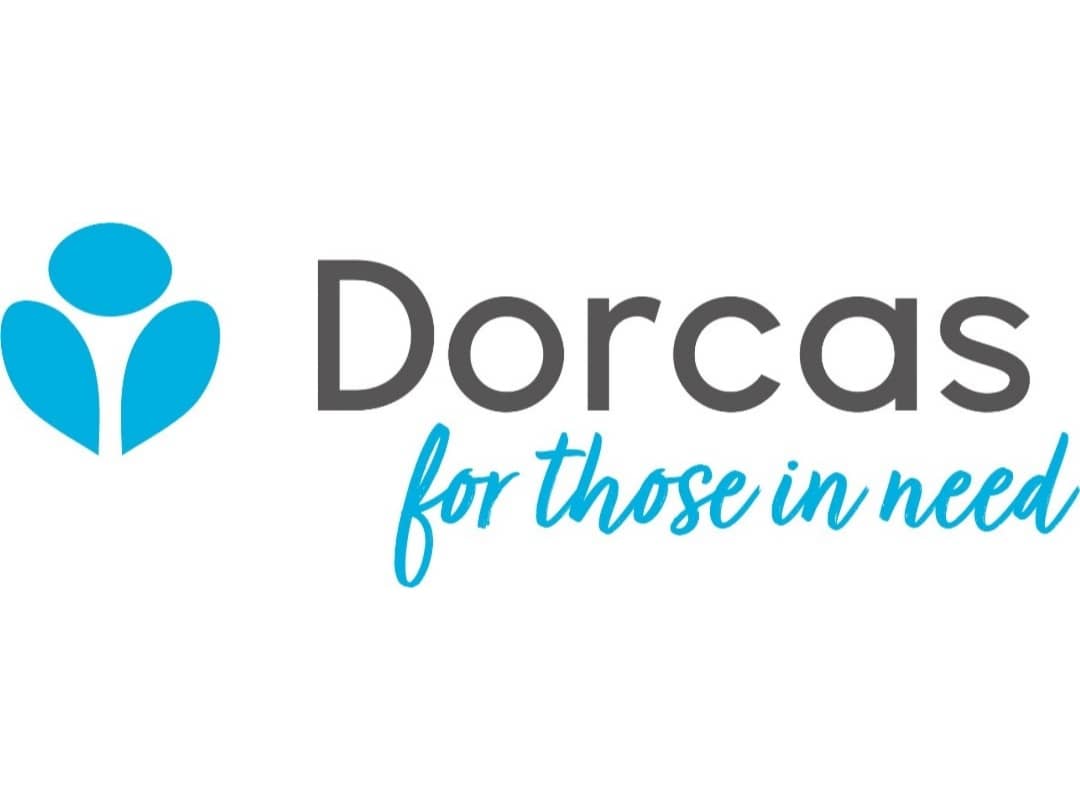
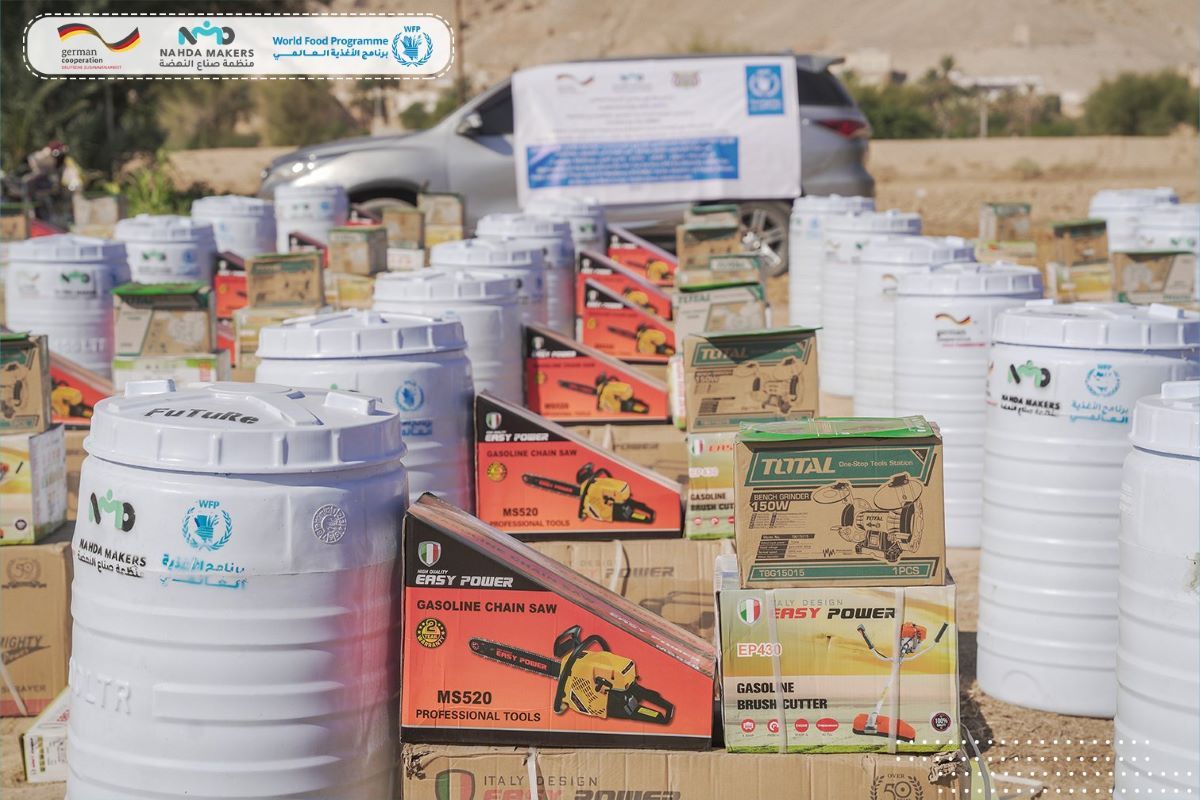
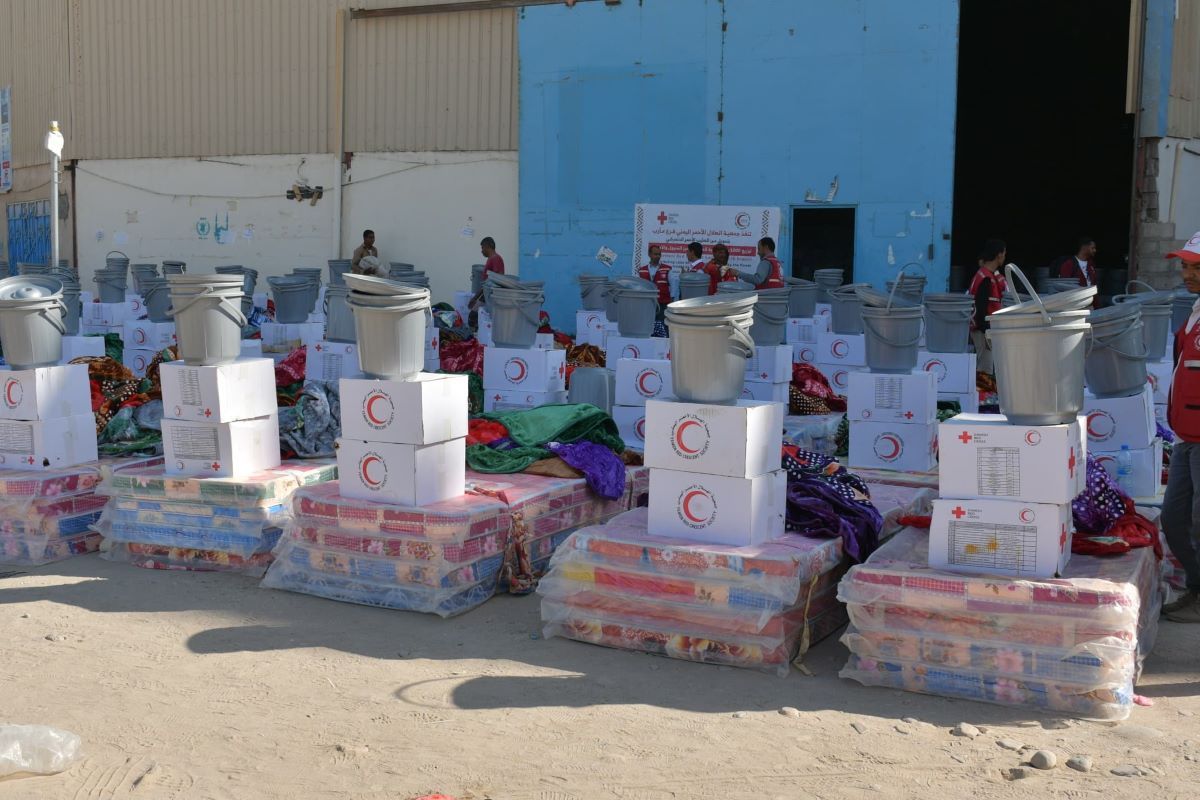
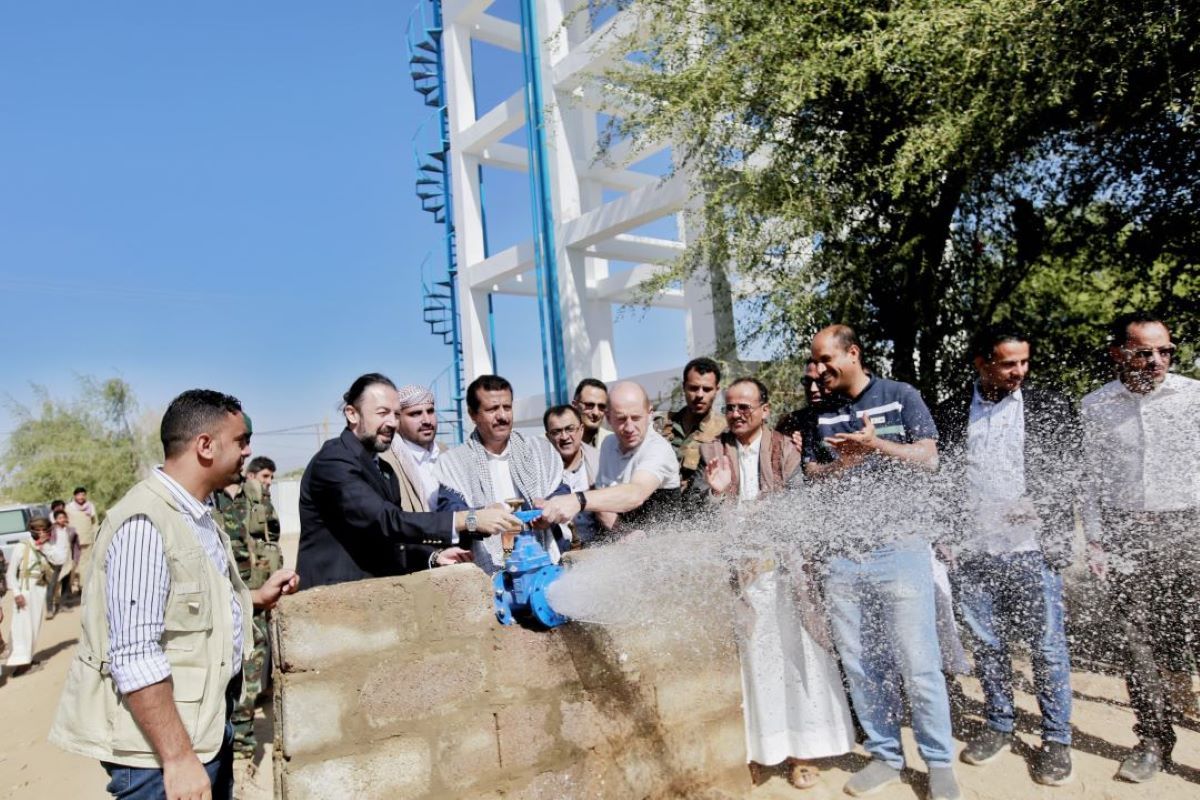
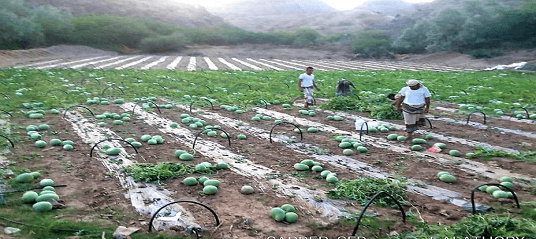
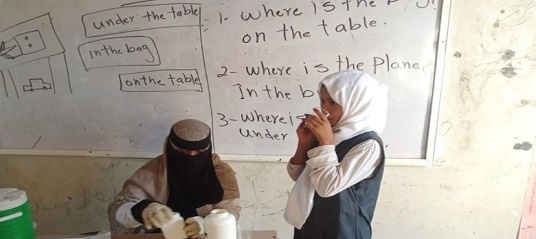
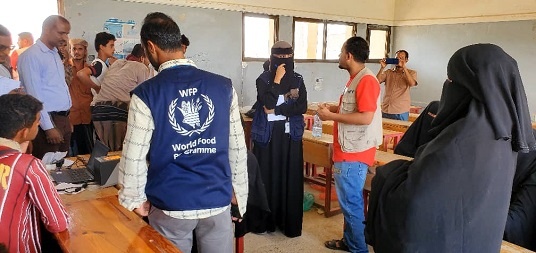
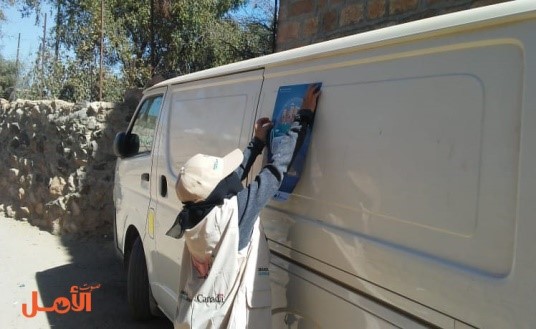
LEAVE A COMMENT